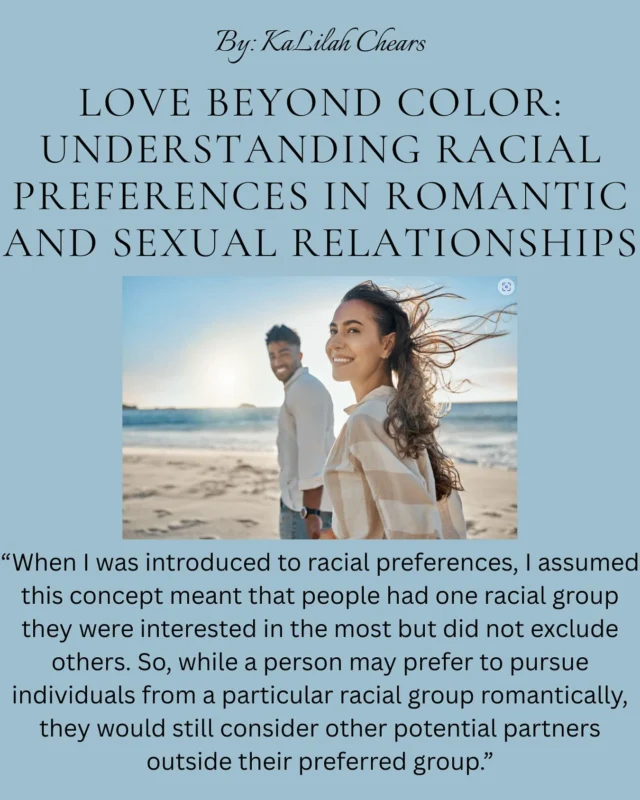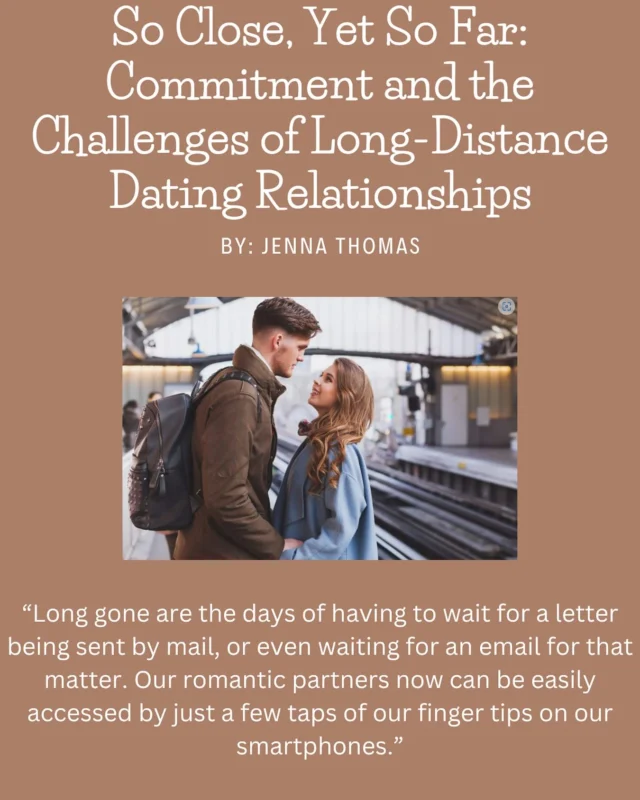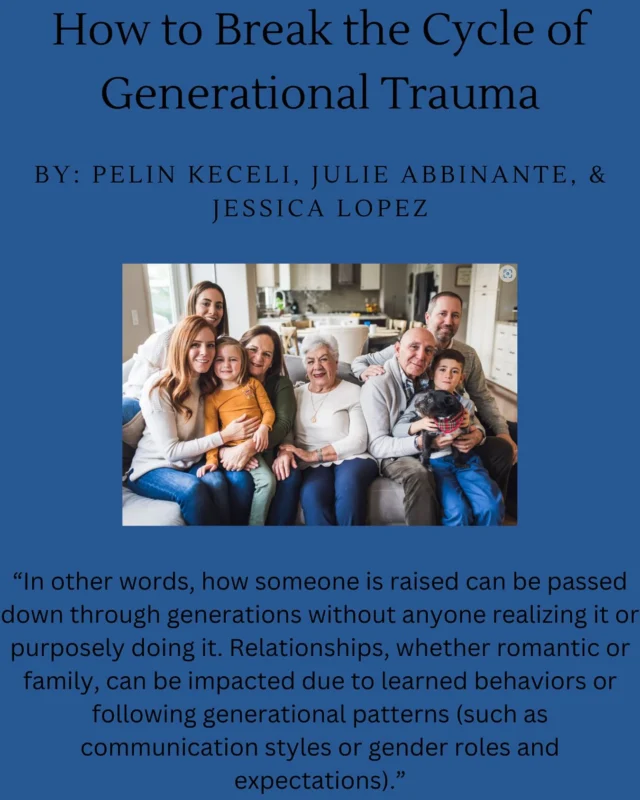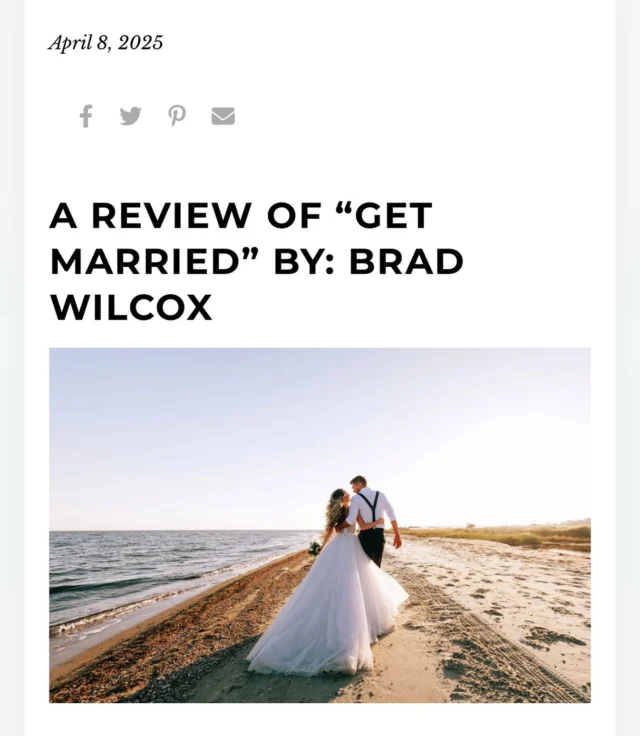Central to life is decision-making. Each day we face a variety of decisions, and some of these decisions can have a substantial impact on our happiness and our relationships. Accompanying these decisions are often pressures that we feel from family, friends, romantic partners, and our circumstances. A highly stressful decision that can occur in relationships is whether or not to stay with your partner. Should I stay or should I go? You may be familiar with the song by The Clash (see video below), but have you been in this situation? There are many different aspects of a relationship that are taken into account when individuals ask themselves this potentially life altering question. We have previously written on this blog about the difficult decision of deciding to stay or to leave a relationship. This decision can especially become emotionally charged if our partner has cheated on us.
In an excellent research article by Drs. Samantha Joel, Geoff MacDonald, and Elizabeth Page-Gould, they investigated the reasons why people choose stay in or leave their relationships. To investigate this relationship decision the authors conducted two separate studies. The first study involved three different samples of students who were asked open-ended questions regarding the motivations behind wanting to stay or leave their partner. Sample A participants generated stay reasons, Sample B participants were asked to provide the reasons they stayed in the relationship when they were previously contemplating leaving, and Sample C participants generated reasons for why they were currently staying in their relationship. The results from study 1 indicated many different reasons (see the lists below) that tie into five different constructs that psychologists have studied in previous research relating to relationship stability. These five areas are recognized as: Investment (e.g., Rusbult, 1983), Social Support Network (e.g., Lehmiller & Agnew, 2006), Responsiveness (e.g., Reis, Clark, & Holmes, 2004), Self-Expansion (e.g., Aron & Aron, 1986), and Relationship Expectations (e.g., Lemay, 2016).
Study 2 used the stay/leave reasons that were identified by the participants in Study 1 and applied these findings into a survey. This second study went more in depth into aspects of the relationship and individual by also observing the influence of attachment styles. It took two samples, the first one had participants who were in the dating phase, the second had participants who were married. Both of these samples were at the time considering separating. Results from the dating sample showed that couples stay reasons were “approach-based” referring to enjoyment, emotional intimacy and positive personality traits in the partner. While the results for the married couples were “avoidance based” meaning they choose to stay because of investment, fear of no other options, family responsibilities and logistical barriers. It also showed that anxiously attached individuals are more likely to experience the conflict between reasons to stay and reasons to go.
Reasons to Stay
*Reasons are listed from most to least commonly mentioned among participants
1. Emotional Intimacy
2. Emotional Investment
3. Family Duty
4. Partner’s Personality
5. Enjoyment
6. Emotional Security
7. Physical Intimacy
8. Financial Benefits
9. Compatibility
10. Concern for Partner
11. Optimism
12. Validation
13. Dependence
14. Attraction
15. General Satisfaction
16. Comparison of Alternatives
17. Logistical Barriers
18. Fear of Uncertainty
19. Social Connections
20. Comfort
21. Habituation
22. Companionship
23. Long-term Orientation
24. Long-term Prospects
25. Social Pressure
26. Self-improvement
27. Social Status
Reasons to Go
*Reasons are listed from most to least commonly mentioned among participants
1. Partner’s Personality
2. Breach of Trust
3. Partner Withdrawal
4. External Reason
5. Physical Distance
6. Conflict
7. Incompatibility
8. Emotional Distance
9. Lack of Validation
10. Lack of Financial Benefits
11. Lack of Enjoyment
12. Problems with Long-term Prospects
13. General Dissatisfaction
14. Inequity
15. Social Consequences
16. Deal-breaker
17. Loss of Attraction
18. Too Demanding
19. Alternative Partner
20. Pursuit of Other Opportunities
21. Discomfort with Commitment
22. Hindering Self-Improvement
23. Violation of Expectations
A person in a relationship may feel conflicted because there are perceived equal amounts of “good” and “bad” behaviors occurring. Deciphering the risks and rewards of staying or leaving can be an unpleasant experience. High degrees of ambivalence (strong mixed feelings that are both positive and negative) is directly correlated with negative outcomes on the relationship as a whole, as well as an individual’s wellbeing causing anxiety, discomfort and even damage to health outcomes (e.g., Uchino et al., 2012). Ambivalence is displayed and experienced differently among individuals depending on their attachment styles. Relying heavily on a partner for personal validation and care as well as having a strong desire to just be close with someone is what makes anxiously attached individuals prone to experiencing the stay/leave decision process. Individuals who fit into the category of having attachment anxiety (Fraley, Waller, & Brennan, 2000) are seen to experience the highest levels of ambivalence, and possess a large amount of reasons for wanting to both stay and leave.

An example of simultaneous feelings of positivity and negativity would be, on one hand you may feel like you should stay with your partner because you genuinely love and care for them. On the other hand however, you may be having a hard time working through past broken trust. Or you could be putting up with low sexual satisfaction and unmet emotional needs, but the fear of not having someone to move on with after the break up is why you “put up” with the faults in the relationship. Results from both studies discovered by Joel, MacDonald and Page-Gould (2017), showed that the reasons these participants wanted to end the relationship were mainly due to the following: emotional distance, inequity, partner’s personality, and violation of expectations. Those that were contemplating a break-up found hope and motivation to stay for these reasons: positive aspects of partner’s personality, emotional intimacy, and enjoyment.
Beginning a new relationship can be exciting, but it can also make a person more vulnerable to potentially being hurt in the future. Like we have highlighted in a previous blog post though, people may actually experience more regret from missed romantic opportunities than from rejection. Relationships can be viewed as an investment, and when commitment is involved relationships are an investment in the future. When a bump in the road comes along in a relationship, people can find hope in the characteristics of their partner and the relationship that bring them happiness. Research has shown that perpetual problems are characteristics of even some of the best relationships. Of course there are some deal breakers in romantic relationships like abuse, addiction, and infidelity in which it may be in your best interest to end the relationship. So it’s important to ask yourself, are my reasons to stay in this relationship the right reasons? Am I only staying in this relationship because it is convenient? Commitment requires two partners willing to invest in their relationship and actively plan for their future together.
References
- Aron, A., & Aron, E. N. (1986). Love and the expansion of self: Understanding attraction and satisfaction. New York, NY: Hemisphere Publishing.
- Fraley, R. C., Waller, N. G., & Brennan, K. A. (2000). An item response theory analysis of self-report measures of adult attachment. Journal of Personality and Social Psychology, 78, 350–365.
- Joel, S., MacDonald, G., & Page-Gould, E. (2017). Wanting to Stay and Wanting to Go: Unpacking the Content and Structure of Relationship Stay/Leave Decision Processes. Social Psychological and Personality Science.
- Lehmiller, J. J., & Agnew, C. R. (2006). Marginalized relationships: The impact of social disapproval on romantic relationship commitment. Personality and Social Psychology Bulletin, 32, 40–51.
- Lemay, E. P. (2016). The forecasting model of relationship commitment. Journal of Personality and Social Psychology, 111, 34–52.
- Reis, H. T., Clark, M. S., & Holmes, J. G. (2004). Perceived partner responsiveness as an organizing construct in the study of intimacy and closeness. In D. J. Mashek (Ed.), Handbook of closeness and intimacy (pp. 201–225). Mahwah, NJ: Erlbaum.
- Rusbult, C. E. (1983). A longitudinal test of the investment model: The development (and deterioration) of satisfaction and commitment in heterosexual involvements. Journal of Personality and Social Psychology, 45, 101–117.
- Uchino, B. N., Cawthon, R. M., Smith, T. W., Light, K. C.,McKenzie,J., Carlisle, M., . . . Bowen, K. (2012). Social relationships and health: Is feeling positive, negative, or both (ambivalent) about your social ties related to telomeres? Health Psychology, 31, 789–796.
Discover more from Decide To Commit
Subscribe to get the latest posts sent to your email.










